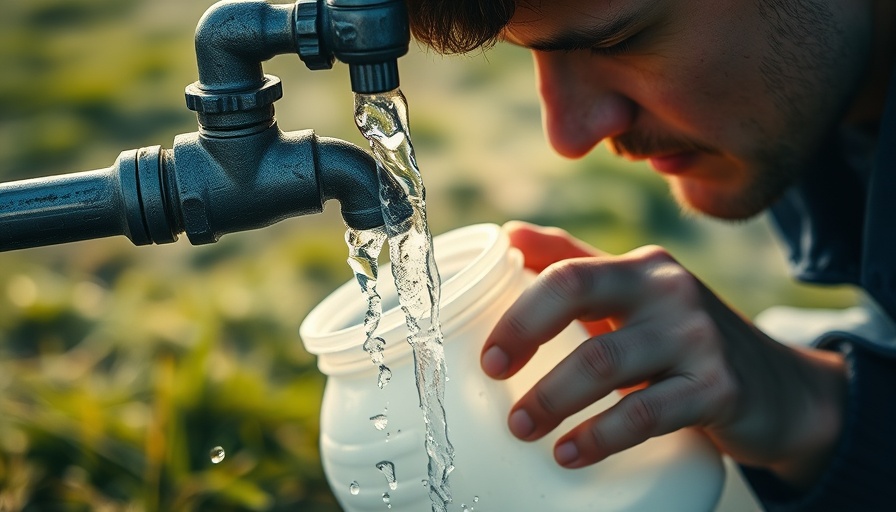
Saltwater Intrusion: A New Reality for Coastal Communities
In the coastal landscapes of the Mississippi River, residents are grappling with an urgent environmental crisis: saltwater intrusion. This phenomenon, recently exacerbated by climate change, is pushing saline waters from the Gulf of Mexico upstream, threatening fresh water supplies that local communities rely on for their very survival.
Impact on Local Communities
The residents of Plaquemines Parish, Louisiana, exemplify the struggles of communities affected by this issue. Mitch Jurisich, a third-generation oysterman and local councilman, has witnessed firsthand how saltwater is not just an environmental challenge but a pressing socioeconomic threat. once thriving local oyster grounds are now compromised, leaving many in poverty and disrupting the livelihoods built over generations.
A Ripple Effect on Infrastructure and Health
The intrusion of saltwater has led to corrosion of water supply pipes, leading to frequent leaks and a diminished supply for the community’s residents. With more than 23,000 people depending on an increasingly unreliable water source, the implications of these infrastructural issues are growing dire. Residents often experience low water pressure, hindering basic daily activities like showering and cooking.
Perhaps more alarming is the potential for lead pipes, prevalent in older installations, to leach harmful levels of lead into the very water residents consume. Mitigating this health risk is a priority for local authorities who aim to safeguard community health.
Financial Hurdles to Solutions
Addressing these challenges involves substantial financial investment. Jurisich estimates that up to $200 million is necessary to upgrade infrastructure and enhance resilience against future saltwater incursions. However, acquiring funding has become increasingly complicated amid federal budget cuts, with grant money essential for these projects remaining stagnant.
Lessons for Other Coastal Regions
The experience of Plaquemines Parish serves as a cautionary tale for other coastal cities facing similar climate challenges, including urban areas such as Philadelphia, where researchers note rising salt levels in freshwater sources. Jurisich's advice to other communities is clear: "Prepare before you get hit." It emphasizes the need for proactive measures rather than reactive responses, urging cities to build resilience before they are impacted.
Taking Action Now to Secure Water for the Future
The implications of saltwater intrusion extend far beyond the immediate community, touching on larger conversations about climate change and resource security. Local governments, policymakers, and citizens alike must recognize the importance of taking action to mitigate the effects of climate challenges on their water systems.
By investing in infrastructure, collaborating on funding applications, and fostering community awareness, we can begin laying the groundwork for a more secure water future for all vulnerable coastal regions.
 Add Row
Add Row  Add
Add 




Write A Comment